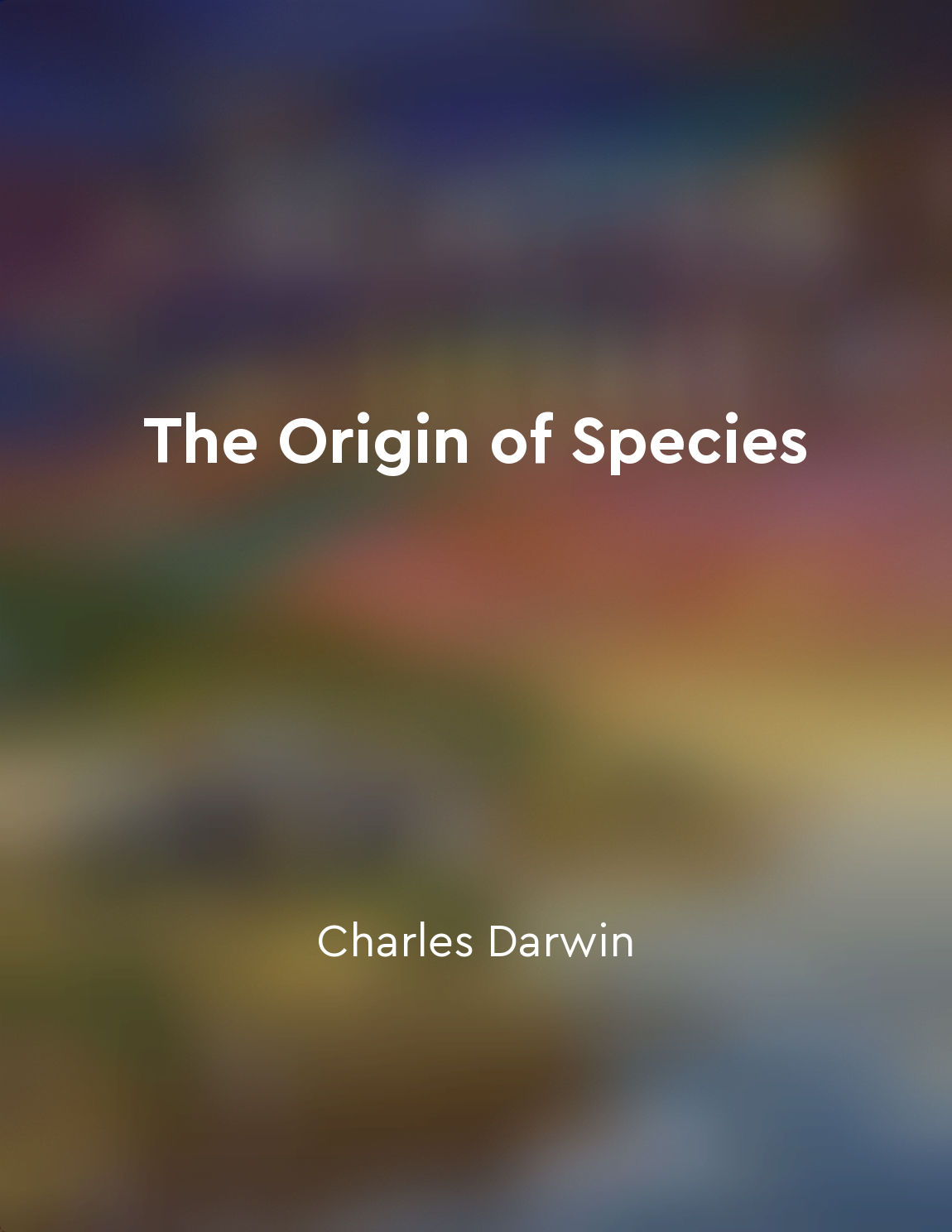Friendliness is a key component of evolutionary success from "summary" of Survival of the Friendliest by Brian Hare,Vanessa Woods
Friendliness is not just a nicety; it is a crucial trait that has played a significant role in the success of species throughout evolution. Being friendly towards others is not only beneficial for the individual, but it also contributes to the overall survival and thriving of a group. This concept challenges the traditional view of evolution, which often focuses on competition and aggression as the driving forces behind natural selection. Friendliness fosters cooperation and collaboration among individuals within a group, leading to increased social bonding and support. By working together and looking out for one another, members of a community are more likely to overcome challenges and thrive in their environment. This cooperative mindset is what sets certain species apart and gives them an evolutionary advantage over others. In the animal kingdom, friendliness can be observed in various forms, such as altruistic behaviors, reciprocal relationships, and even acts of kindness towards unrelated individuals. These acts of friendliness not only benefit the recipient but also the giver, as they create a network of trust and support within the group. This network can provide protection, resources, and opportunities for growth and success. Friendliness is not limited to just social interactions; it can also have a significant impact on mating and reproductive success. In many species, individuals who are perceived as friendly and approachable are more likely to attract mates and form lasting partnerships. This can lead to increased reproductive success and the passing on of friendly traits to future generations.- Friendliness is a key component of evolutionary success because it promotes cooperation, social bonding, and mutual support within a group. By prioritizing relationships and working together towards common goals, species can increase their chances of survival and thriving in their environment. Friendliness is not just a trait; it is a strategy for success that has been honed and refined throughout the course of evolution.
Similar Posts
Don’t tell others they’re wrong; let them save face
When we are discussing a matter with someone, and they make a mistake, it can be tempting to immediately correct them. However,...
Genomic imprinting can influence behavior
Genomic imprinting can indeed influence behavior in fascinating ways. This phenomenon involves certain genes being switched off...
Make others feel important
One of the most effective ways to influence people is to make them feel important. People crave recognition and appreciation, a...

Sexual selection plays a role in evolution
In the animal kingdom, there are certain traits that are favored by individuals of the opposite sex during the process of repro...
Symbiotic relationships can benefit both partners
In the game of life, alliances are crucial. Organisms have evolved to form partnerships with others in order to increase their ...
Fossils provide evidence of evolutionary history
Fossils are the buried remains of creatures that lived long ago. They are our only direct evidence of the history of life on Ea...
Learn from successful persuaders
When it comes to persuasion, one of the most effective strategies is to learn from successful persuaders. By studying individua...
The struggle for existence shapes human behavior
The struggle for existence has been a fundamental force in shaping human behavior throughout the ages. This concept, deeply roo...
We conform to fit in with the group
The desire to belong is a powerful force in human nature. We are social animals, seeking acceptance and approval from our peers...
The interaction between genes and the environment
In the grand scheme of life, there exists a delicate dance between our genetic makeup and the environment in which we find ours...

